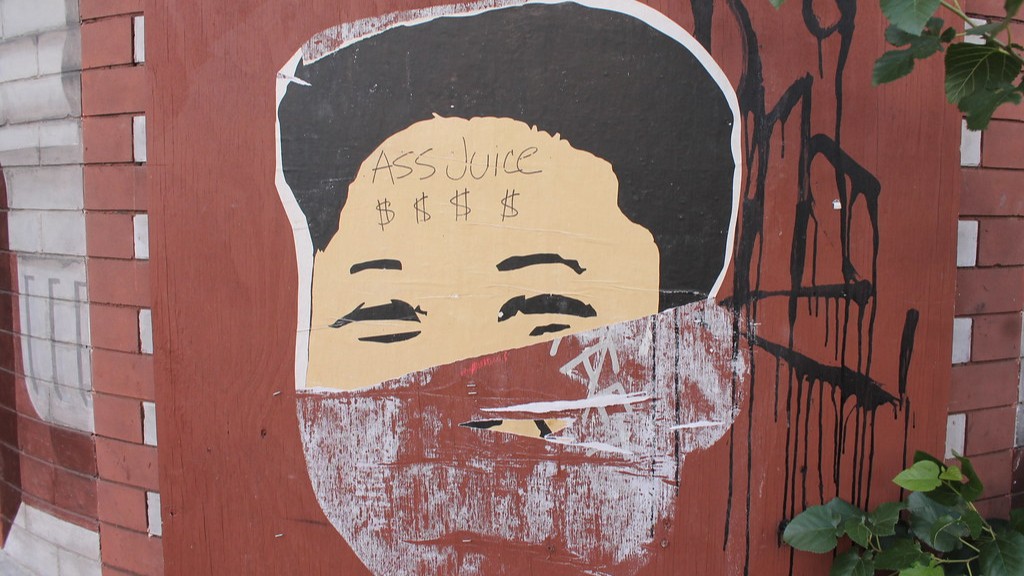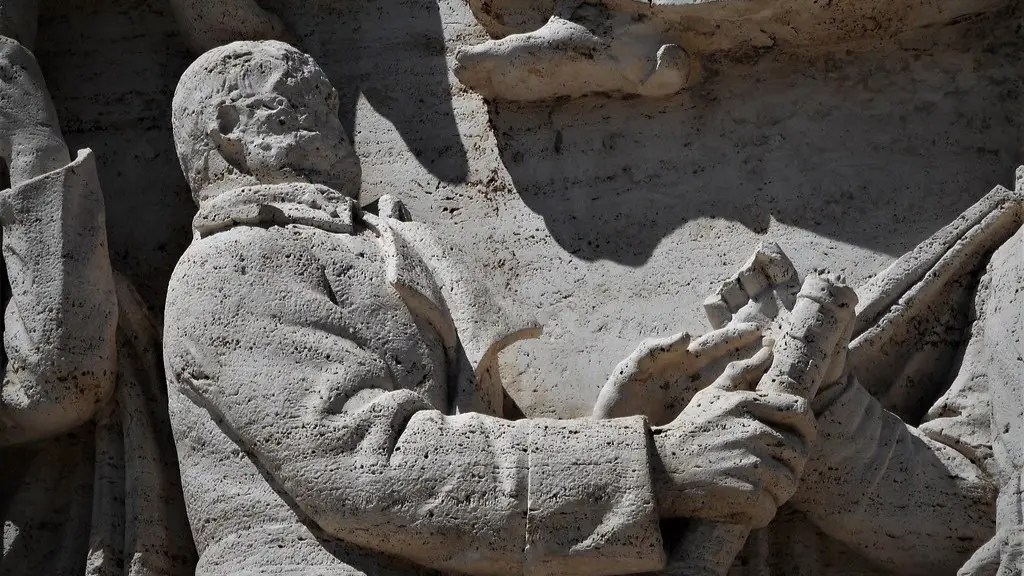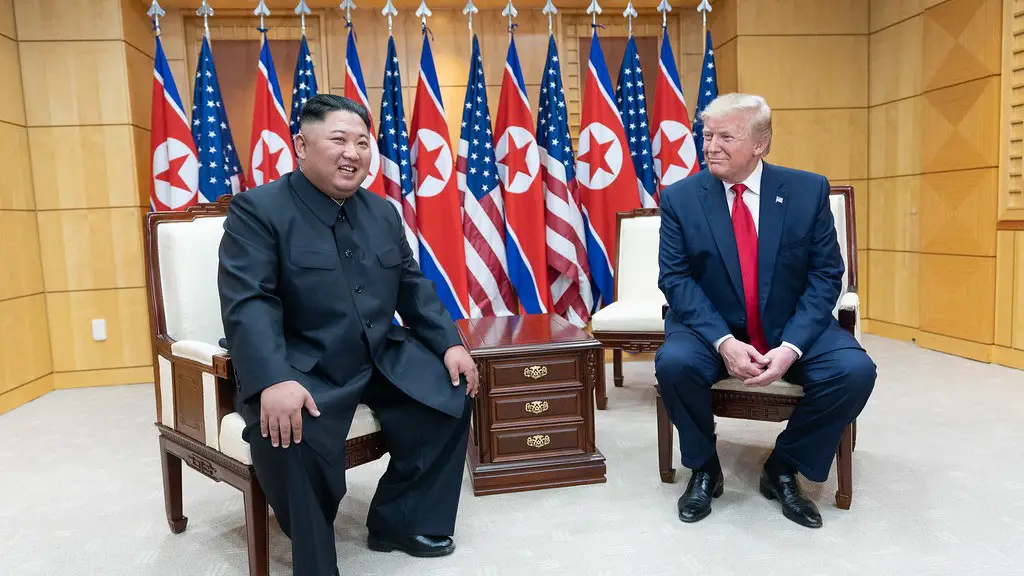Muammar Gaddafi was an iconic and controversial leader who led Libya for more than four decades. He gained power through a bloodless military coup in 1969 and turned Libya into an efficient and prosperous state while himself becoming one of the wealthiest yet extravagant of leaders on the African continent. Nonetheless, his climb to power and popularity was fraught with controversy. He has been branded as a strongly autocratic leader and for a range of questionable policies and foreign interventions. He was accused of serious human rights abuses and a brutal mentality toward anyone who opposed him. Therefore the question remains – was he a good person or not?
International media outlets reported numerous human rights abuses committed by representatives of the Gaddafi regime. Gaddafi maintained a tight grip on the population, primarily through fear and suppression. Under his rule dissent was not tolerated, resulting in persecution and even murder of opposition figures. Some observers argued that his oppressive tactics alienated members of the middle class and young people who felt their voices were not represented by their leader.
Many experts, however, have highlighted Gaddafi’s strong economic policies which have been credited with dramatically improving the lives of many Libyans. His economic reforms saw the development of international relations, substantial educational investments and increased social spending. He launched a large-scale nationalisation programme as part of his socialist vision, expropriating foreign companies and nationalising the economy. Gaddafi also used oil revenue to develop water treatment plants, build roads and promote health initiatives for the population.
The leader was recognised for his hard work towards promoting the rights and welfare of women in the country. His vision of a modern state and economy incorporated a range of measures to improve the situation of women, including their access to education and employment, legal protection, and improved healthcare. His efforts were both lauded and condemned – since he was criticised for introducing a state-run system of Islamic fundamentalism which denied women their autonomy and freedom of choice.
Gaddafi was also an ardent supporter of the Pan-African movement and many of his policies were geared towards improving the livelihood of the Libyan people and helping African countries achieve economic independence. He formed strong ties with a number of African nations, advocating for African unity and independence in the face of international economic exploitation. He was also an internationally renowned diplomat and peacemaker, known for playing a major role in multiple Arab-Israeli peace negotiations.
Although there are few who would argue that Gaddafi was a perfect leader, it is certain that he had a major impact on the direction in which Libya moved. Despite this, it is difficult to answer the question of whether he was a ‘good’ person or not. There are those who would argue that Gaddafi’s strong-handed tactics were oppressive and constituted serious human rights abuses or whether his positive social, economic and political policies made life better for many of the Libyan people.
Gaddafi’s Relationship With the U.S
Muammar Gaddafi’s relationship with the US was often strained. He espoused a strongly anti-imperialist and anti-American rhetoric and was often highly critical of US foreign policy. In the late 1970s he decreed a number of anti-American policies, including the closure of US military bases in Libya and the expulsion of the CIA. As a result, US-Libyan relations only deteriorated further and in 1981 the Reagan Administration imposed a broad ban on direct economic and diplomatic contacts with Libya.
The political situation escalated in 1986 when an American military airstrike was launched on Libya following accusations of Libyan involvement in international terrorism. Gaddafi was highly critical of the US government’s actions and frequently accused them of infringing upon Libyan sovereignty. In the years that followed, US-Libyan relations remained frosty.
Although there were some improvements in the 2000s, when Gaddafi took steps to comply with international law, US-Libya relations significantly worsened following the 2011 US-led intervention in the Libyan Civil War, which ended in the deposing and subsequent death of Gaddafi.
Military Intervention in Libya
Gaddafi was sometimes accused of using military force against his own people. In 2011, during the Libyan Civil War, he ordered a military campaign against opposition groups seeking to overthrow him. The intervention was met with a backlash from international organisations and the US and other countries launched a series of airstrikes against Gaddafi’s forces in support of the opposition. Eventually, Gaddafi’s forces were overthrown and the leader himself was killed in October 2011.
The international community was quick to label Muammar al-Gaddafi’s government as oppressive, dictatorial and unlawful. Claims of human rights violations, corruption and military interventions were voiced against the Libyan leader and his government. Many international observers argued that intervention was necessary to protect Libyan civilians from Gaddafi’s indiscriminate military campaigns.
The international community’s intervention in Libya in 2011 aimed to end the violence, oppression and instability created by the Gaddafi regime. However, the country today remains in a fragile state, with conflicts and disorder continuing in many parts. The legacy of Muammar al-Gaddafi is disputed and complex and it is difficult to definitively answer the question of whether he was a good person or not.
Gaddafi’s Legacy
Muammar al-Gaddafi was one of the most controversial figures of the last century. He is remembered by many as a tyrant who sought to consolidate his power by any means, while others view him as a national hero who fought against imperial and colonial powers. His legacy is highly contested and it is difficult to make an objective judgment.
On one hand, his economic policies were credited with introducing stability, prosperity and opportunity to Libya. On the other, he was accused of ruling with an iron fist, persecuting opposition and violently suppressing dissent. His foreign interventions and support for revolutionary movements resulted in tension with international players.
It is important to remember that Gaddafi left behind a complex and highly contested legacy, even decades after his passing. In the absence of a comprehensive understanding of the leader and his politics, it is difficult to make an objective judgment of whether he was a good person.
Impact of Gaddafi’s Death
Gaddafi’s death in October 2011 resulted in further instability and disorder. It threw the country into an uncertain political situation and led to a power vacuum. The instability and violence that followed his death was used by those on opposite sides of the political spectrum in order to further their own ambitions and agendas. The conflict continues to impact the future of Libya, as the country struggles to rebuild and establish a strong government.
The death of Gaddafi has also had an impact on international relations. Many countries view his passing as an opportunity to develop better ties with Libya, while others fear that it could result in increased political and military instability in the region. The US and other countries have been providing financial and military support to the current Libyan government in an effort to promote stability, but the situation remains tense.
Gaddafi’s death has also raised questions about the international community’s intervention in Libya. Critics of the US-led intervention argue that it has caused further disruption and instability, while others believe that the intervention was necessary to protect civilians from Gaddafi’s oppressive rule.
Economic Implications of Gaddafi’s Loss
The death of Muammar Gaddafi also left Libya facing a weakened economy. During Gaddafi’s time in power Libya experienced economic growth, largely due to his leadership and his ambitious economic policies. However, this has all changed following his death. The conflict and political instability has resulted in a sudden decline in economic activity and the country is now facing a period of heightened economic hardship.
Gaddafi’s death also resulted in a brain drain, with a large number of professionals leaving the country. This has left Libya with a lack of qualified personnel to manage and develop the economy. In addition, the widespread corruption and mismanagement of resources has created an environment of economic insecurity for many people.
At present, Libya is largely dependent on international aid to meet its economic needs. The international community has stepped in to provide both humanitarian and developmental assistance, with the aim of stabilising the economy and providing education, healthcare and job training for the Libyan people.
Gaddafi’s Impact on the Region
Gaddafi’s policies also had a significant impact on the region. His country was viewed as a major player in the Middle East and Africa, and many of his decisions had consequences that reverberate to this day. His support for revolutionary movements in countries such as Chad and Algeria caused tensions with neighbouring states, while his involvement in Arab-Israeli peace negotiations led to improved ties between those countries.
Gaddafi was also viewed as a strong advocate of Pan-Africanism and many of his actions were geared towards African unity and development. He is remembered for introducing a range of policies that sought to reduce African nations’ reliance on foreign powers and promote self-sufficiency. He saw Libya as a leader in the fight against imperialism, and his vision helped to shape the African Union’s objectives and initiatives.
Despite his death, Muammar Gaddafi continues to have a lasting impact on the region. His legacy is contested and polarised but one thing is certain – his legacy has had a profound impact on the Middle East and Africa.



